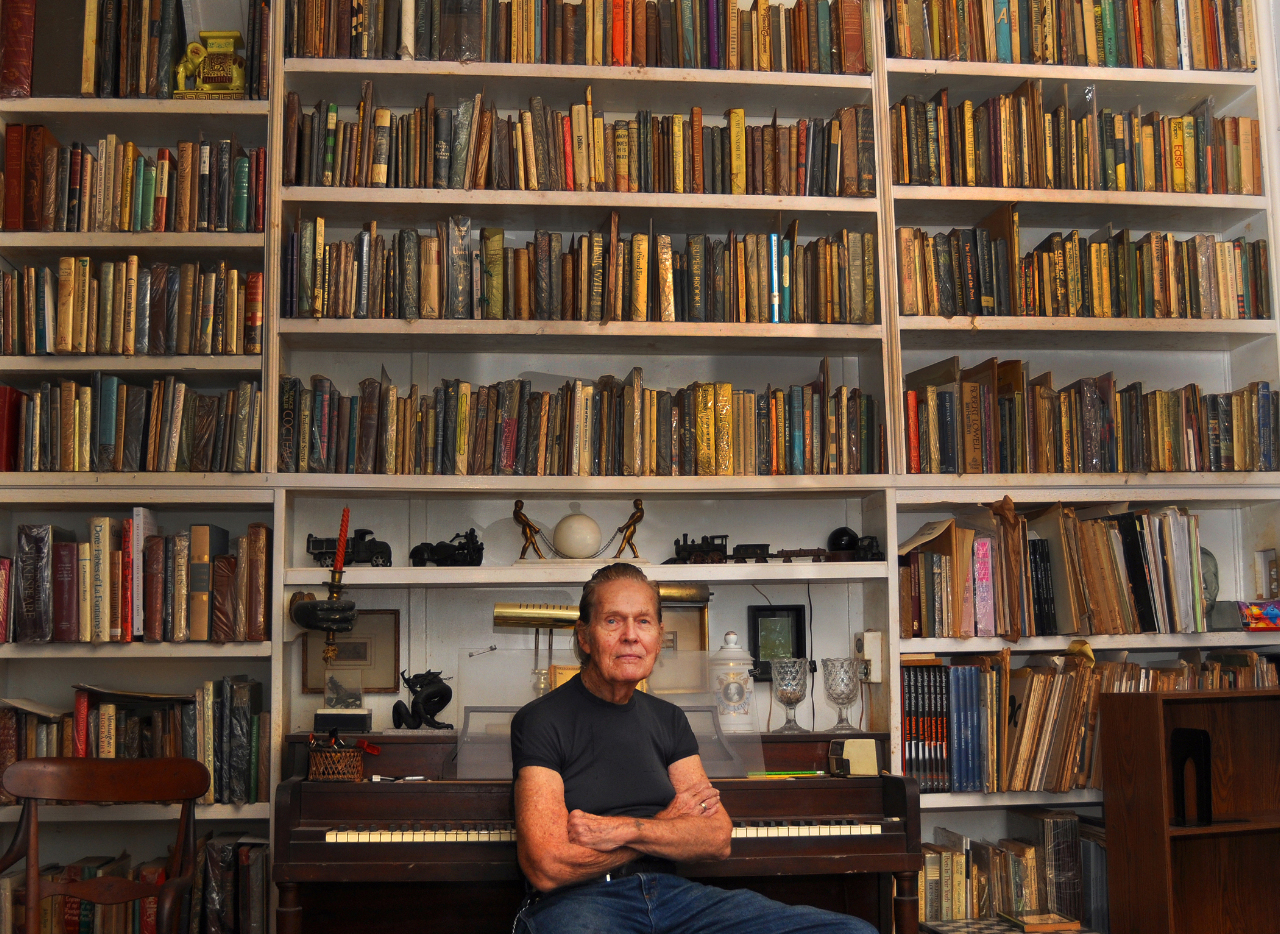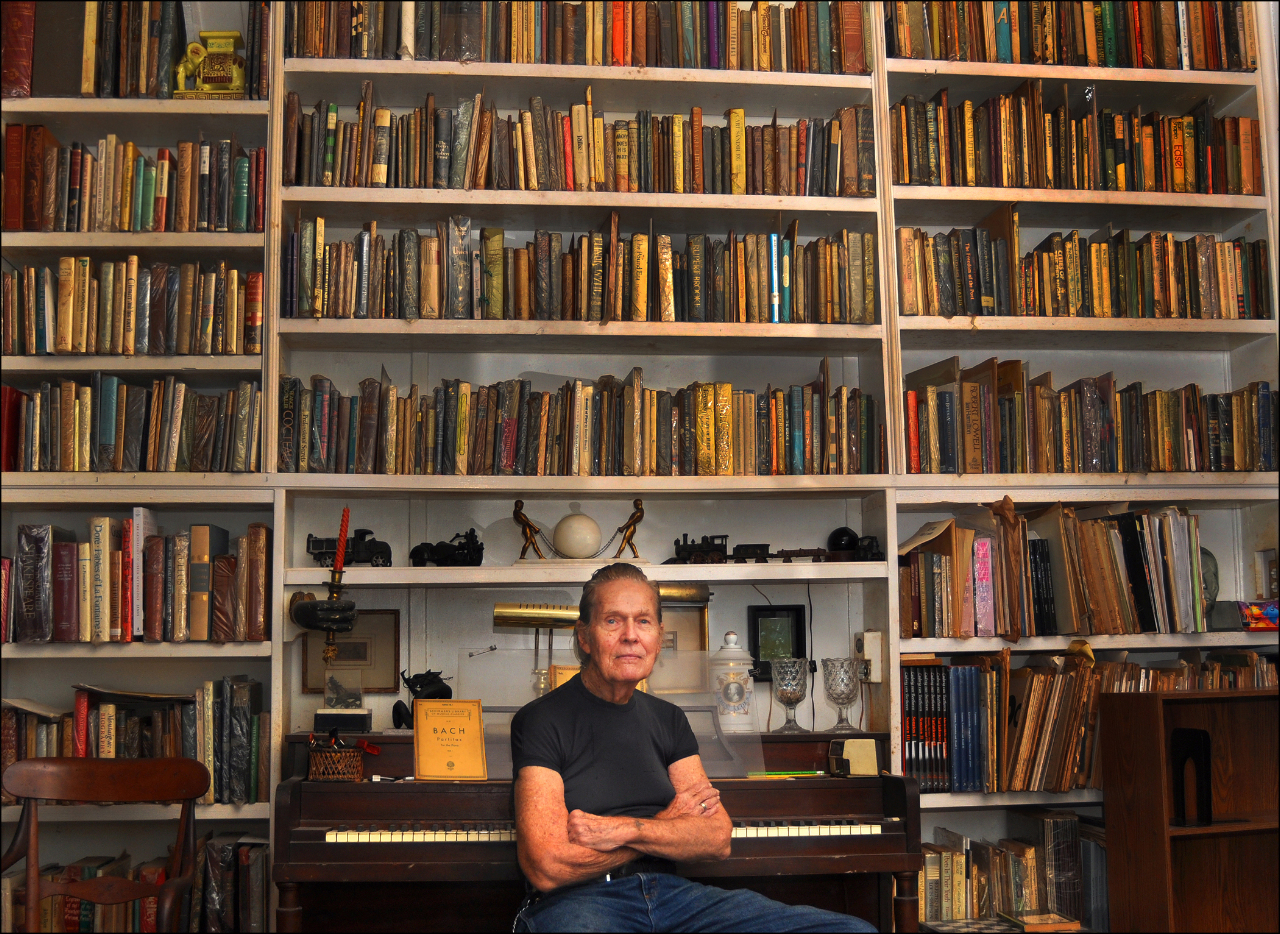The American Scene in the Sixies

What impressed me most about the poets of the Beat scene was their independence. Their need was not quite so much to get appreciation and recognition from society for what they were doing as it was to establish faith in themselves regardless of pubic opinion or being in print. Our “kitchen-counter press” published William Wantling’s first publication because of this self confidence shining through it. Gregory Corso got his own poems down first and then looked around for approval, which he evidently got from Allen Ginsberg although Ginsberg had been formally educated and did not need to be associated with Corso’s success. Ginsberg’s interest was simply compassion for a man who knew he had a calling and followed it. His activities helped provide courage for poets in similar situations that were anonymous. I think now of Jack Micheine and the evangelistic poets who identified themselves with the miracles of creation itself, like the sun, or just being alive. Their lack of education, I believe, was accepted as a flaw that was voluntary. Style was the substance. A philosophy or a set of ideas, was only book talk. Any reasoning beyond innate faith was irrelevant. Their sense of Christian ideals was within themselves and did not need argument or persuasion. As a result we got an American way to use the sense of understanding that gave the country as a whole a sense of human depth that the untutored mind could turn to without the need for elaborate explications expensive architecture, a pecking order or casual approval. The independence was real and convincing and, as I say, independent without the need for argument or persuasion.
Society was in transition in many ways after World War II and so the poets’s voice was heard as distinct and finally as a part of our native literature. Henry Wadsworth Longfellow (1807 – 1882) was trying to manufacture native literature pertinent to our country’s identity with his The Song of Hiawatha (1855). The Beat movement was much more democratic in its sources even though its casual approach to the complex art of poetry often results in a response to it, from the reader, that is often casual as well.



Facebook Comments